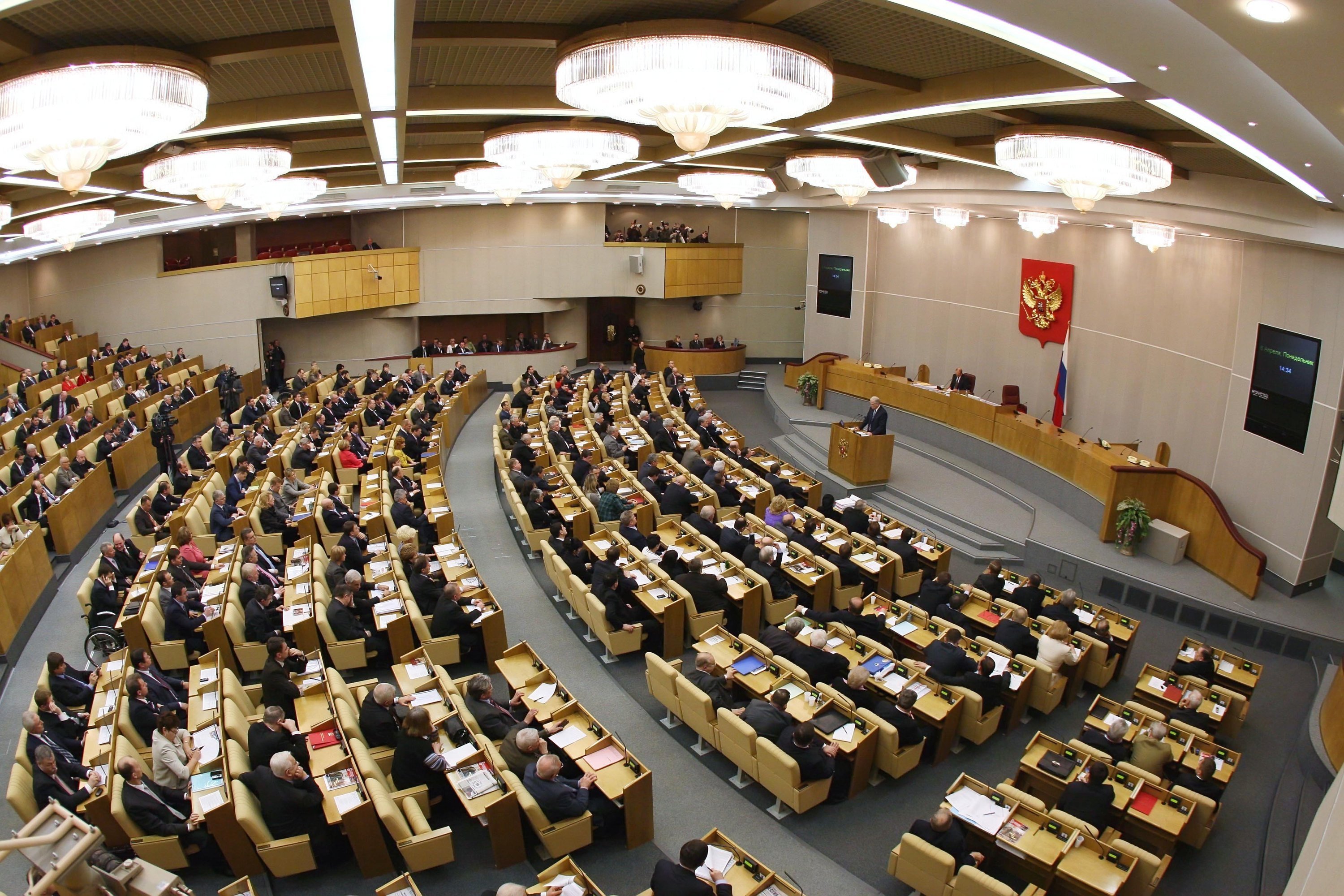MOSCOW, December 21 - RAPSI, Ingrid Burke. In retaliation for the US Magnitsky Act, the Russian State Duma adopted the Dima Yakovlev Act in the third reading today, a bill that takes aim at the US by imposing a series of dramatic sanctions.
Among the sanctions sought to be imposed are: a ban on US adoptions of Russian orphans, a prohibition of any political activities by NGOs receiving funding from the US if such activities may prove detrimental to Russian interests, as well as a series of sanctions levied against US officials thought to have violated human rights.
The Russian act is named after Dima Yakovlev, a two-year-old boy who died in Virginia after his foster father left him in a locked car in the sun. They have also said that the law commemorates all Russian children who died or suffered as a result of negligence on the part of their U.S. foster parents.
Now that it has passed the third reading, it will move to the Federation Council. If successful at that level, it will go to President Vladimir Putin, who can sign it into law.
On December 6, the U.S. Senate approved the Magnitsky Act, stipulating visa sanctions for Russians who are believed by the senate members to have been involved in human rights violations. The law evoked severe criticism from the State Duma.
The bill was introduced by a group of US senators last spring. The suggestion was that there should be a blacklist of Russian officials allegedly linked to the death of Hermitage Capital lawyer Sergei Magnitsky in a Moscow pre-trial detention center in November 2009, in exchange for the cancellation of the Jackson-Vanik amendment.
Magnitsky was arrested on tax evasion charges in November 2008, just days after accusing police investigators in a $230 million tax refund fraud, and died after almost a year in a pre-trial detention center in Moscow.
President Vladimir Putin lambasted the Magnitsky Act last week as “unfriendly,” adding, “Honestly, I do not understand. It must be some kind of intrigue in domestic politics. But I dont understand why Russian-U.S. relations should be sacrificed for the sake of getting dividends from domestic politics.”
Russian President Vladimir Putin believes that the United States adoption of the Magnitsky Act is a consequence of intrigue in domestic politics, saying that the U.S. authorities speak of the reset in Russian-U.S. relations, but in fact only worsen them.
Russian Foreign Minister Sergei Lavrov believes that the step taken by the United States was unnecessary and counterproductive, and in fact there is nothing but the desire to seek truth in the case of lawyer Sergei Magnitsky behind the show arranged at the United States Capitol following the current situation.
He further expressed the opinion that Russia’s doppelganger version of the Russian bill should include Americans suspected of involvement in the arrests and detentions – or, in his view, in the “kidnapping” – of arms dealer Viktor Bout and pilot Konstantin Yaroshenko. He told Euronews TV during an interview that those "Individuals, who were involved in the illegal kidnapping of Russian citizens, including Viktor Bout and Konstantin Yaroshenko in Thailand and Liberia, in violation of the countries' laws, rights of Russians who were sentenced to major prison terms only for intentions, have been proposed to be included in the list. We compare this with sentences, passed to murderers of our children: for real crimes individuals get suspended sentences and get released right in the courtroom."
He vowed earlier to respond to the Magnitsky Act by banning entry into Russia of Americans believed to have violated human rights.
Speaking to recent legislative initiatives taken by the State Duma in response to the Manitsky Act – such as consideration of a ban on the adoption of Russian children by American families – the minister said that the response of Russians MPs is absolutely natural.
"They respond to specific facts which have already been closed by US justice. For instance, acquittals or suspended sentences to U.S. citizens, who killed, raped and tortured adopted children from Russia, and who nonetheless were released right in courtrooms," Lavrov said.
What Lavrov refers to as kidnapping with regard to Bout and Yaroshenko is actually permitted under US law, which provides for a liberal interpretation of extraterritorial jurisdiction.



